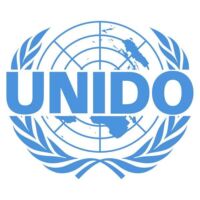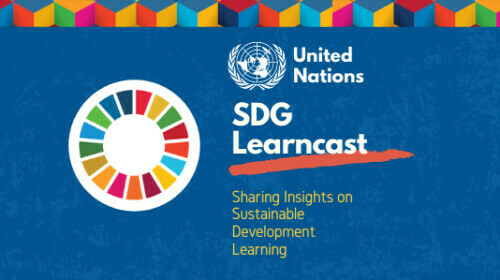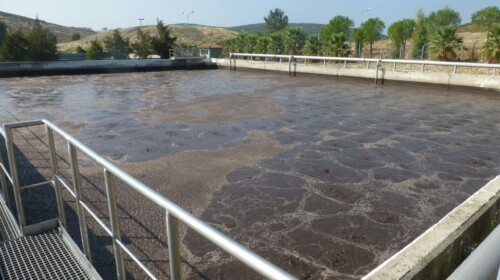Agenda 2030 for Sustainable Development encompasses a wide range of indicators inducing policymakers and other stakeholders to gain awareness of the integration of industrial policy and circular industrial production practices. UNIDO's training course on Circular Economy provides participants with the opportunity to understand the key concepts associated with circular economy and creates the premises to put its principles into practice, thereby supporting the improvement of industry’s environmental and socio-economic performance. Participants gain insights on key strategies to increase the overall efficiency of the economic system and the major policy instruments that can be adopted to support the transition. The course covers the following topics:
- Economic aspects of circular economy
- Production and distribution
- Circular design
- Remanufacturing, reconditioning and refurbishing
- Recycling
- Circularity in use and consumption
- Bioeconomy and circular bioeconomy
- Trade, environment and circular economy
- Renewable energy
Target Audience
Policymakers, academics,
Learning Objectives
- Understand the key principles of circular economy;
- Gain awareness of the modalities of integration between industrial policy and circular economy;
- Start thinking about an action plan for the implementation of circular economy in the target countries.







